Yes, You Absolutely Should Read Books You Hate
James Joyce once said, "Life's too short to read a bad book."
I couldn't disagree more. Sure, our goal is ultimately to pick up that novel that will speak to us, that we will rave about for months if not years. We all want to read books that we feel are 5-star books, that touch our souls. But does that mean that we should completely discount the books that we don't like, the books that we would be more likely to one-star? I don't think so. In high school, I had an amazing English teacher who constantly halted our whining about hating books in the curriculum by reminding us that every book has value. Every piece of literature that makes it through the publishing process has something to offer: It just takes a dedicated, literature-savvy person to understand this and to find one thing to cling to. Furthermore, we talked about how literature we hate can sometimes teach us more about ourselves, our values, and our perspectives of writing than the books we love. As a bookworm, a high school English teacher, and an author, I've come to realize that even, and perhaps especially, the books we hate have intrinsic value. So the next time you come across a book you don't like, don't think of it as a waste of time. Don't promptly close the book and chuck it under your bed. Challenge yourself to think about the benefits you get from literature you don't particulary love. The Reader's Perspective
As a reader, I've found it helpful to ask myself the true reasoning behind my hatred for a particular book. Is it the characters' values that causes me to pull back? Do I have an issue with the plot, the theme, or the topic? Or is it simply that the writing style has lost my interest?
Taking a step back from the book and really forcing yourself to dig into the true reasons behind your dislike can teach you about yourself. For me, one of the books I strongly disliked was (*here come the gasps*) Fifty Shades of Grey. I found myself not wanting to finish the book. However, when I really analyzed my feelings, I realized the problem was that I did not like Christian Grey. He stood for the alpha-male I do not find attractive, and I found him to be belittling. I also found Anastasia to be very weak and easily controlled. This is not a reflection of the book's value. In fact, I would say I still got value from the book even though it wasn't my cup of tea. The value didn't come from an emotional connection to the book or my raving about it. Instead, the value was more intrinsic. I learned about myself and what I value in relationships, something certainly worth my time, even if the particular story didn't speak to me. We all have books we don't like, which is perfectly okay. It would be quite 1984-like if we all liked the exact same books all of the time. We all carry our own experiences, beliefs, values, and ideals into our reading experiences. The challenge, however, is not to shy away from books that we aren't into. It's to really dig deeper and figure out why. Most of all, it's to dig deep enough to find something of value, something you can appreciate in the pages. The Teacher's Perspective
Perhaps this was the biggest motivator for this article--my job as an English teacher in a high school. Lately, I've heard so many students say, "Oh, I didn't finish the book because I just didn't like it," or, "My essay wasn't good because the book wasn't good."
I can remember being a student and reading books that just seemed so distant to me. No matter how hard the teacher tried, the world of Shakespeare, the "universal themes" of Lord of the Flies just seemed so foreign to my own life. How could I possibly read something I didn't connect with? It is years later, though, as a teacher, that I can appreciate the value of the books I read and didn't like. First, it taught me endurance. There will be, in real life, things you have to read that you don't want to--real estate forms, tax forms, text books. Learning to look beyond my emotional feelings toward a book and muscle through readied me for these experiences. The value for students, however, is much deeper than this. Pushing through and reading books you don't particularly love can, as I said, teach them about their own values. I find that many students struggle to realize they don't have to agree with every message the author sets up in the book. In fact, for teenagers, the value of literature comes in the questioning. Do you agree with the message? Do you agree with the characters' actions? Why not? Reading books they dislike helps them form a sense of self and a sense of opinion. By reading things they don't necessarily like or find boring, they can strengthen their awareness of what they do like and find interesting. It's all about self-awareness. It's also about teaching them appreciation. As my AP Literature teacher taught me, everything in literature has value. Even if it is a single line you can agree with or a single line you can say, "Wow, that is well written," your goal is to find it. It teaches students to be able to appreciate the beauty, the goodness, even in things they don't like. Furthermore, it teaches them to appreciate hard work and diversity. Finally, sometimes the books teenagers don't like are just stored ideas for later. Some books I didn't like in high school stuck with me. Later in life, I found that I could connect with them or understand them. Sometimes the classics we read in English classes set us up for the realities of the world later, some of which we aren't quite ready for in high school but are glad we read later in life. The Writer's Perspective
One of the hardest things to accept as a writer is that not everyone will love your books. In fact, some people will hate them. Some people will voice this hate.
However, I've come to appreciate that hate for a book, even if it is one I wrote, isn't necessarily a bad thing. It means that I've stirred something in the reader, which is the ultimate goal. Sure, I'd certainly like to only stir good, rosy reviews of my works. Nonetheless, the fact that someone doesn't like my book doesn't mean I've failed as a writer. It simply means my style, my words, are not for that person. As a writer, you can sometimes learn from the opinions of those who don't like your work. Although a part of being a writer is knowing when to take criticism to heart and when to stick to your gut instincts, continual criticisms can give you guidance toward improvement. Sometimes our biggest critics teach us the most valuable lessons and help us fine-tune our craft. Every Book Is Valuable
So whether you adore a book or hate it, the value is still there. Each piece of literature has the capability to teach us something about ourselves, about story telling, and about the world around us. The next time you find a book you don't like, take time to really delve for a sense of appreciation before just discounting it.
Reading is a journey that teaches us about ourselves, good or bad. Thus, everything we read offers us the benefit of self-discovery. How about you? Are there any books you have read that you didn't like but taught you something? Share below!
2 Comments
What Matters Most? A New Romantic Drama to Remind You
A single moment can change everything… but can love help us survive?
This wasn’t how it was supposed to be… Settled into married life, Jessica and Todd think they have so much time… until everything comes to a halt on a snowy back road. When they find themselves in a life or death situation, with rescue seeming impossible, they cling to the only hope they have left: their love for each other. As Jessica and Todd fight for survival, their connection carries them through the biggest challenge of their lives. Memories and regrets swirl around the couple as they finally take a moment to reflect on what really matters. There’s one big, icy question that haunts them, though: Is this where their story will end? Remember When, releasing April 29, 2017 with Hot Tree Publishing Add it to your TBR list!
Death. Destruction. Murder. Rape. War. Bombings. Threats.
It's easy, especially with social media making news available instantaneously, to think the world has gone completely to hell. It's easy to think the world is all evil and cruel. It's easy to overlook the good, the beautiful, the inspiring. It's easy to feel like giving up, to feel like: what difference can I make? As an English teacher, I get the opportunity to teach a lot of inspiring literature. I get to teach stories that show compassion, survival, empowerment. As an English teacher, I also believe a book can change a life. A book can show you a piece of yourself you didn't even know was there. Thus, below is a list of my five book recommendations for anyone needing some inspiration. These books will remind you what it means to be human and what it means to achieve your goals. 1. A Long Way Gone by Ishmael Beah
This book is the true story of a boy soldier in Sierra Leone. It's amazing how few Americans know about this huge war and the atrocities that happened during it. Beah's story is one of violence, of evil, and of the worst humanity has to offer. But, it is also about redemption. He reminds us you can let go of your past, no matter how horrific, and you can change your life.
2. I Am Malala
This girl inspires the heck out of me. Malala reminds me education is power. She reminds me of why I keep teaching. She also demonstrates a perfect balance of female empowerment, bravery, and dedication. She was willing to die for her goals. She has also used her experience to help others. She is humble, she is intelligent, and she is unstoppable.
3. Unbroken by Laura Hillenbrand
"If you can take it, you can make it."
This was the motto that got Louie Zamperini through a war, a plane crash, a raft at sea, and years of internment and torture by the Japanese. Some of you have probably seen the movie, but you should definitely read the book, too. Louie shows you the human spirit really is unbreakable. He defines courage. He defines the will to survive. Most of all, he defines how the love of family can get you through anything. 4. Ghost Boy by Martin Pistorius
Imagine being trapped in your own body for twelve years. You are completely mentally functioning, but no one knows it. Thus, you are presumed a vegetable, brain dead, and useless.
Imagine coming out of that state. How would you feel? Would you be angry? Depressed? Enraged at what was stolen from you? I know I would. But Martin Pistorius shows us what it means to move on. He survived this reality but has no harsh feelings about it. Instead, he talks about the need to enjoy life, the need to move on, the need to soak in every moment. Martin's story is chilling, but it shows us we shouldn't take any moment or anyone for granted. 5. The Last Lecture by Randy Pausch
This book sometimes gets a bad rap for being arrogant, but I COMPLETELY disagree. The Last Lecture is a dying man's final words to his family and to his students. It really helps you get your priorities in order. It shows you what matters and what doesn't. It makes you think: am I doing everything I can to achieve my dreams? I love this book because it really reminded me no one is immortal. It made me live more consciously, choose more consciously, and love more consciously.
How about you? What books have changed your life? Moved you? Inspired you? Please comment below! |
*As an Amazon Affiliate, I get a small fee for any books purchased through the links below.
Archives
May 2024
Categories
All
|
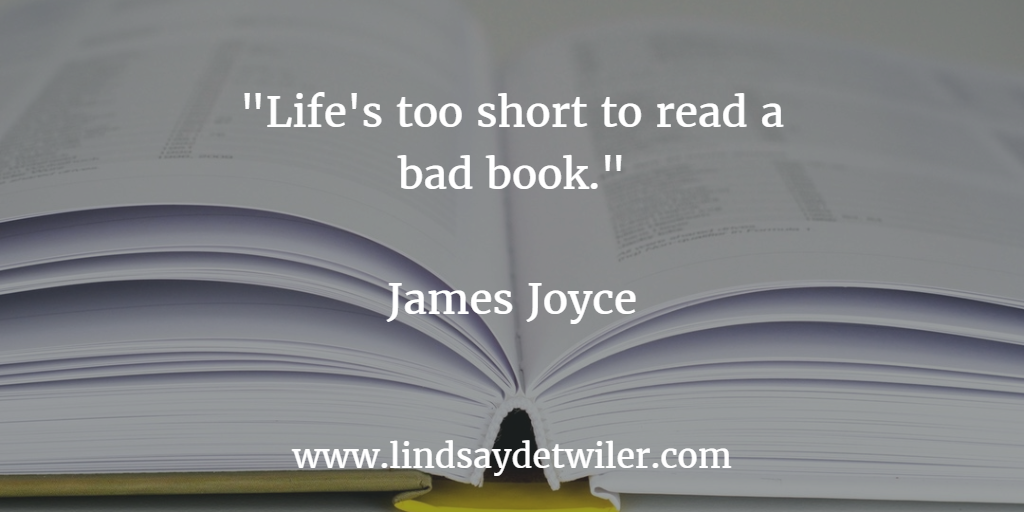
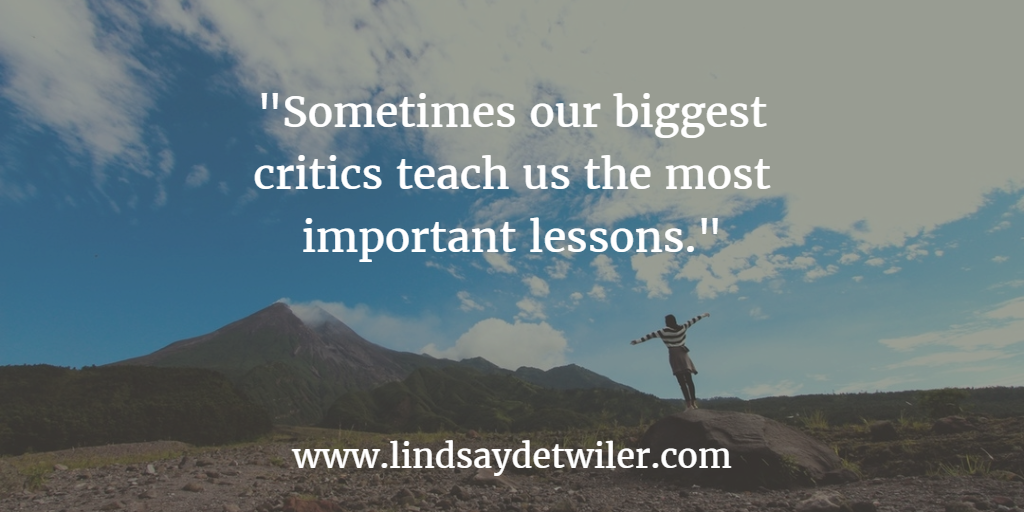
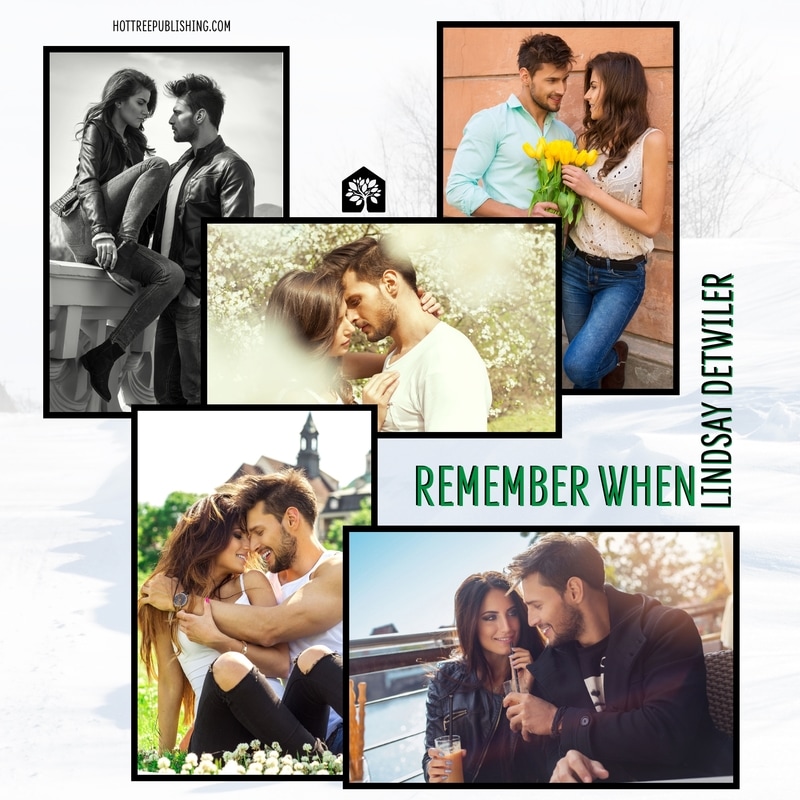

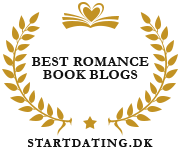
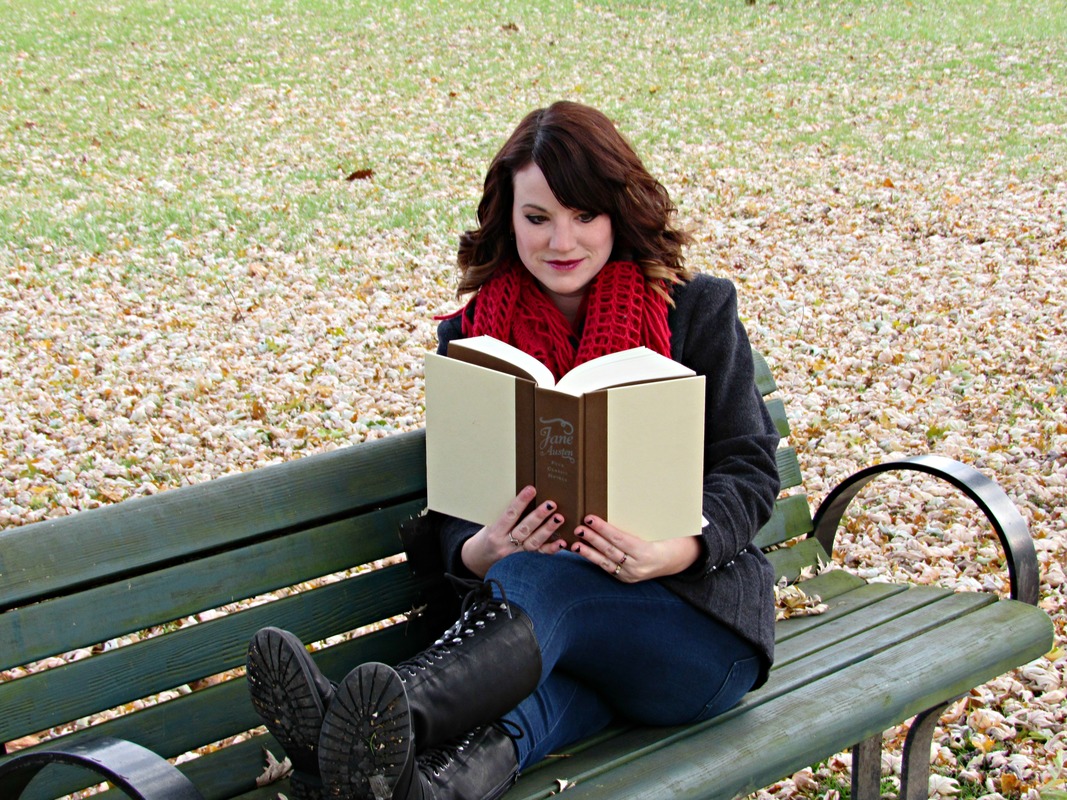

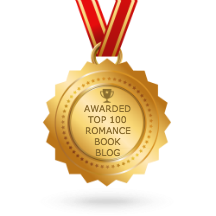
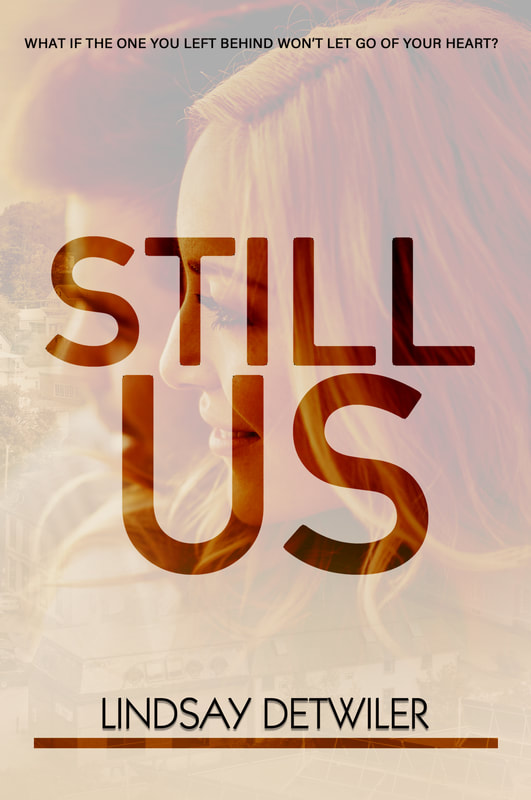
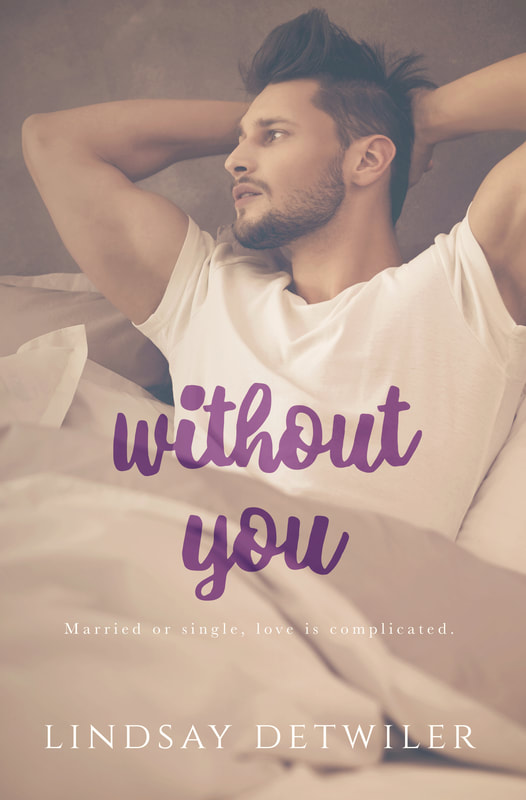
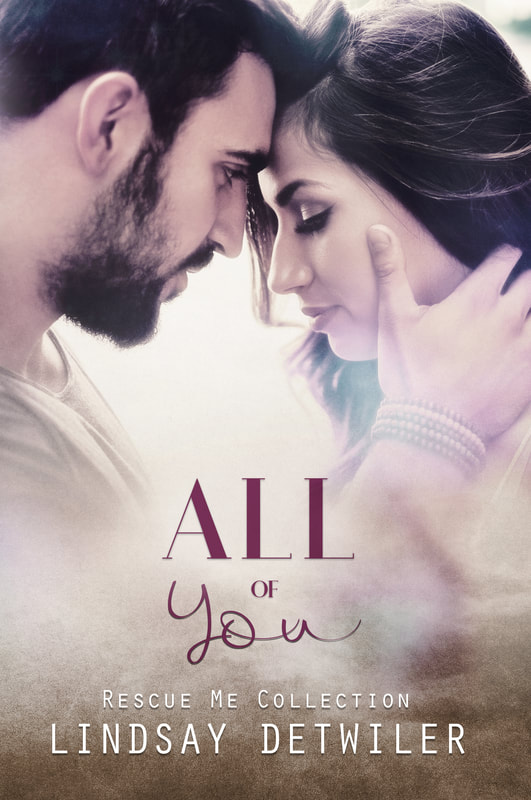
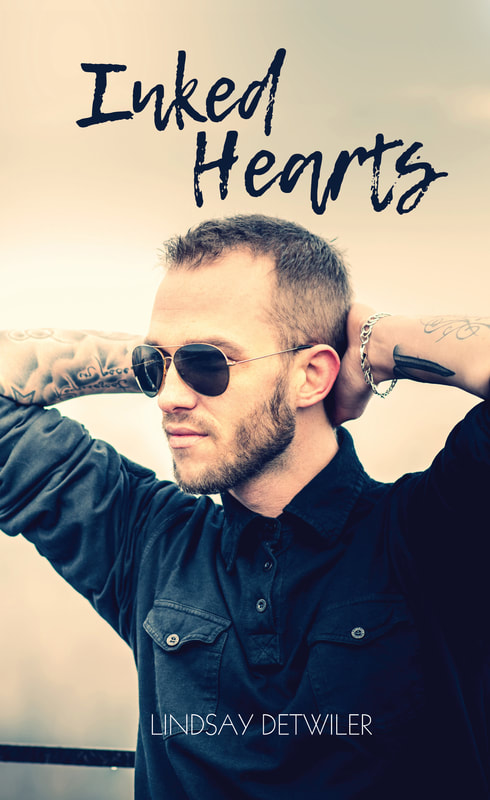
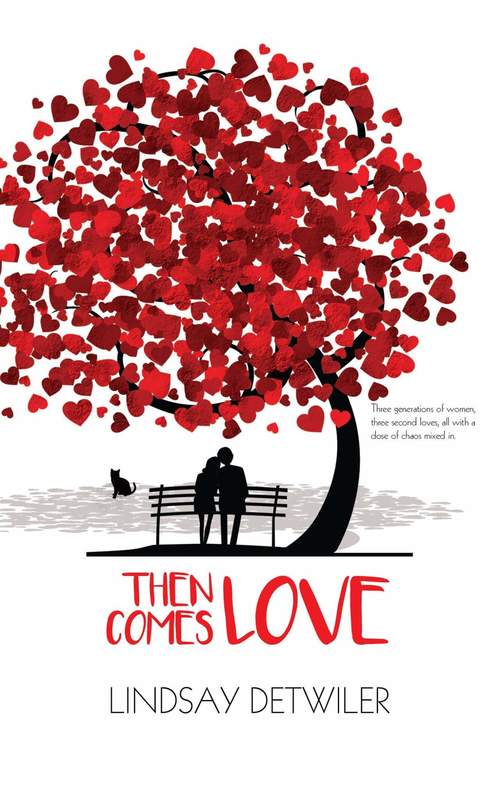
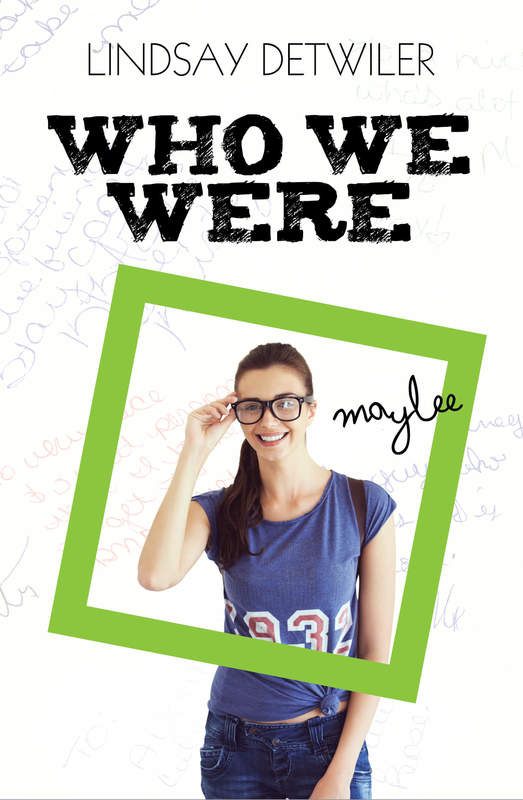
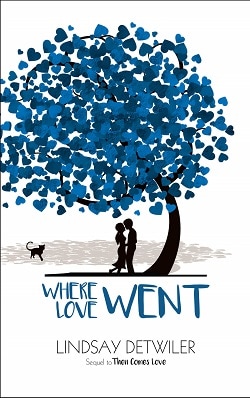
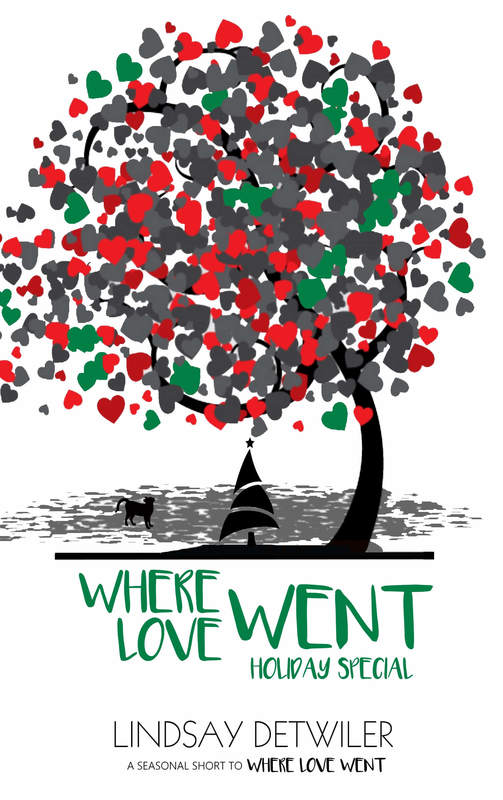
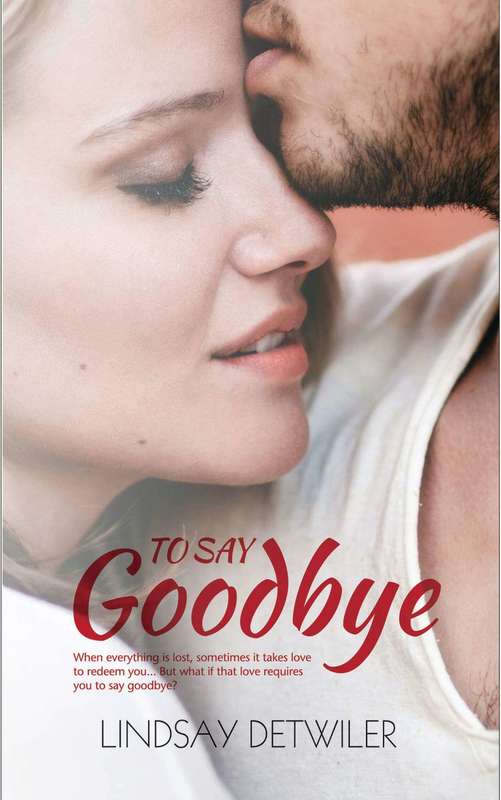
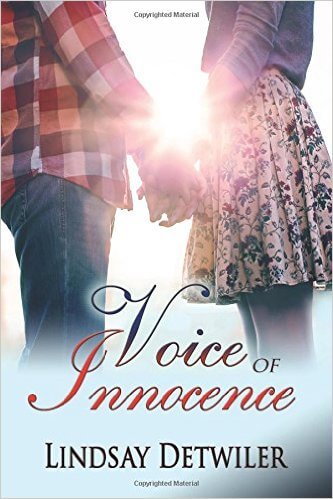
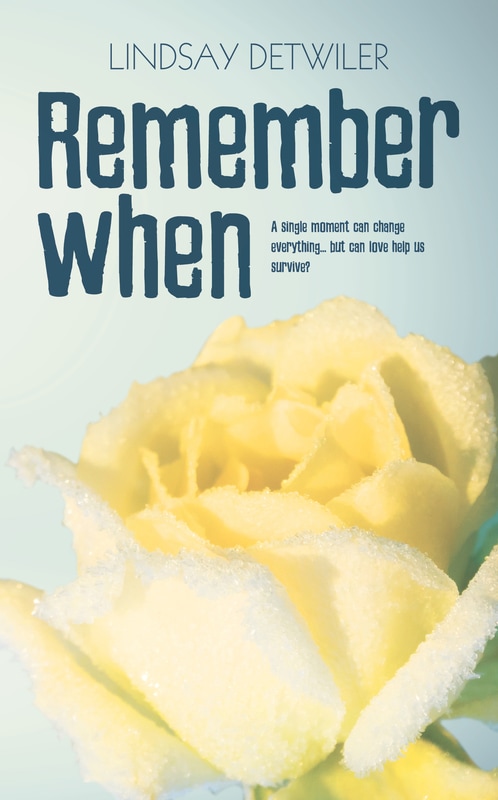
 RSS Feed
RSS Feed